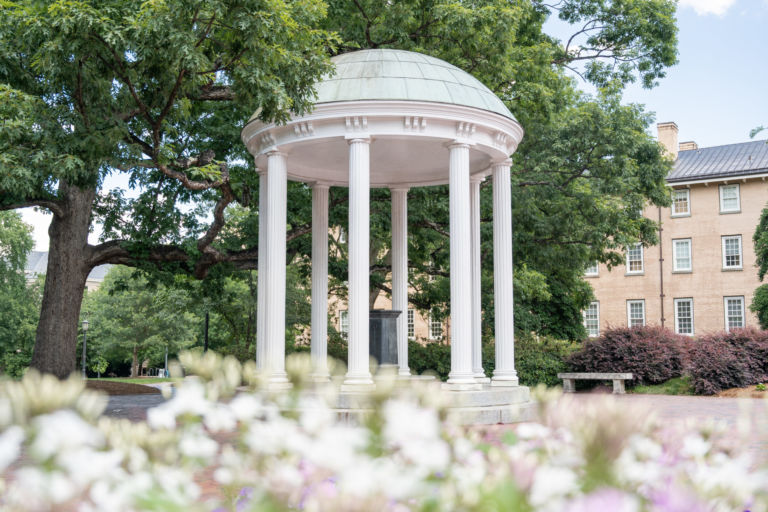Aaron Sibarium of the Washington Free Beacon reports on top law school leaders who want to gut a recent decision from the U.S. Supreme Court.
Top law school administrators are brainstorming ways to circumvent the Supreme Court’s ban on race-based admissions, advising schools not to create a “record” of “discriminatory intent” and warning that socioeconomic preferences will result in too many white and Asian students being admitted.
That advice, dispensed at a legal conference in July, came from UC Berkeley Law School dean Erwin Chemerinsky and University of Michigan general counsel Timothy Lynch. Hosted by the American Association of Law Schools, the event focused on how institutions could use race-neutral means to achieve diversity.
When attendees questioned the legality of such methods, arguing that they could be struck down because of their race-conscious motive, Lynch stressed the need for plausible deniability.
“You should be aware right now of the record you’re creating,” Lynch told the conference, which was ostensibly devoted to helping schools comply with the Supreme Court’s decision. “What are your faculty saying in emails? What are they saying in public?
“Plaintiffs often look for evidence of “discriminatory intent,” Lynch explained, noting that the Supreme Court explicitly forbade backdoor racial preferences in its ruling. The “key question,” he said, is “what can you say right now is the race-neutral explanation for doing it, and how do you avoid having your faculty colleagues muddy the record?”
“Great point,” replied Chemerinsky, who moderated the conference. The Berkeley Law dean had been caught on tape a few days earlier, in June, describing how his school gets around California’s ban on affirmative action in faculty hiring, joking with students that “if ever I’m deposed, I’m going to deny I said this to you.”
In another exchange, Lynch warned that socioeconomic preferences were no substitute for racial ones—and appeared to suggest that class-based admissions help too many white and Asian students.


